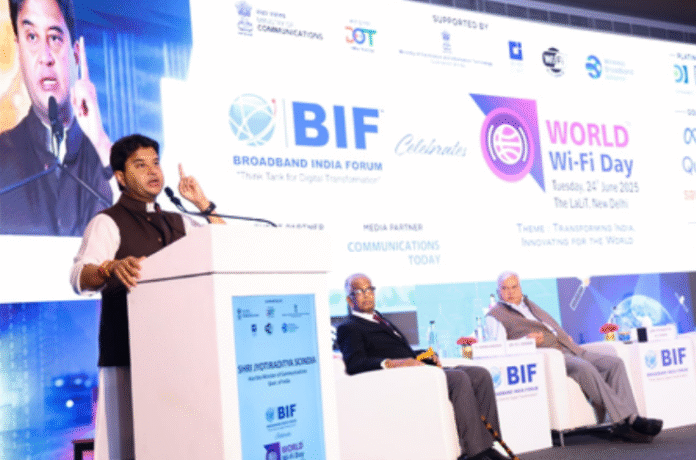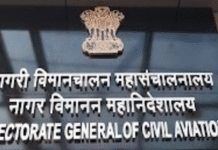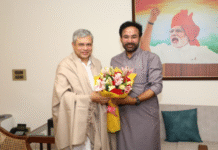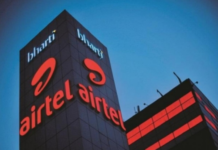New Delhi— India is making decisive strides toward universal Wi-Fi access, aiming to ensure connectivity in every corner of the country, Union Communications Minister Jyotiraditya Scindia said on Tuesday during an event marking World Wi-Fi Day 2025.
Speaking at a special conference organized by the Broadband India Forum (BIF), Scindia outlined the government’s ambitious plans to deepen and expand Wi-Fi coverage nationwide. Central to this push is the upcoming delicensing of the 6GHz spectrum, a move that will enable faster, more reliable internet across urban and rural areas alike.
“The relevant rules for the 6GHz band will be notified on or before Independence Day this year,” Scindia announced. “We are evolving from a regulatory mindset to becoming a facilitator, ensuring technology is available to all—without bias toward any company or platform.”
The minister stressed that broader Wi-Fi access will fuel growth across sectors and support the government’s goal of making high-speed internet a fundamental service for all Indians. “This is a day to celebrate the freedom to connect, to create, and to rise,” he said. “As internet adoption grows, costs decline, and penetration extends even into rural heartlands.”
Scindia also noted that the government is currently testing 5G-enabled use cases across 13 villages, delivering 10 essential services in each. “Now we want to ensure high-speed connectivity reaches every Indian—whether at home, at work, or in remote regions,” he said.
The event drew participation from key policymakers, technology leaders, and experts focused on the future of connectivity in India.
In her keynote address, BIF Chairperson Aruna Sundararajan highlighted that Wi-Fi will be critical in bringing online the 40 percent of India’s population that remains disconnected. She emphasized that with over 80 percent of internet usage occurring indoors, Wi-Fi—particularly with the 6GHz band—offers superior performance compared to mobile networks in such settings.
“The delicensing of the 6GHz spectrum will pave the way for technologies like Wi-Fi 6E and Wi-Fi 7,” she said. “It will open up new frontiers in areas like augmented reality, cloud gaming, and 8K video streaming, significantly improving the user experience and driving innovation.”
The BIF reaffirmed its commitment to government-led initiatives such as PM-WANI (Prime Minister’s Wi-Fi Access Network Interface), which it sees as crucial for democratizing internet access.
Former TRAI Chairman Dr. R.S. Sharma echoed this sentiment, calling PM-WANI a transformative public Wi-Fi framework. “It is the UPI of the telecom sector,” he said. “With its open, secure, and interoperable design, PM-WANI creates opportunities for local entrepreneurs while delivering affordable last-mile internet access.”
He added that public Wi-Fi infrastructure, with its low cost and wide accessibility, could serve as a powerful equalizer in bridging India’s digital divide. (Source: IANS)








